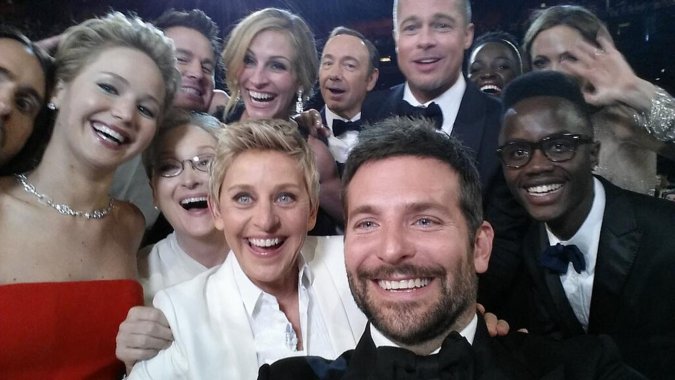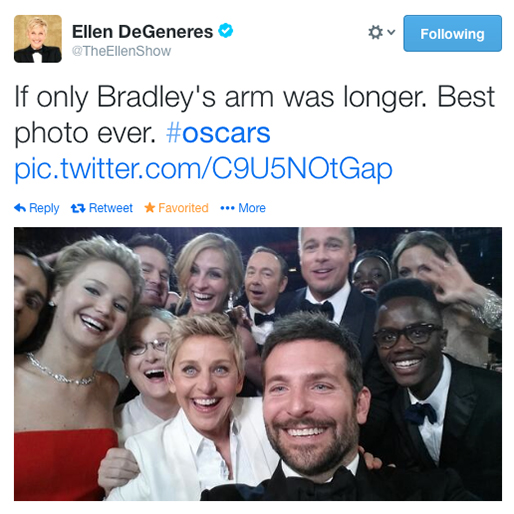Again in the category of "you can’t really make this up," yesterday the High Court in Britain ordered an injunction served through Twitter – the social networking site.
Donal Blaney, a lawyer, runs a blog called Blaney’s Blarney. Another account, named blaneysbarney, was impersonating Blaney, a politically conservative blogger. Inspired by a case in Australia, where Facebook was used to serve a court order, Blaney asked the court to allow him to serve the anonymous Twitter-user with a court order using the very social network the imposter was using – Twitter! As a practical matter, the court order will only actually be served (i.e., the writ received) when that account owner logs in and accesses his or her account on Twitter.
Since access to British courts appeared much more facile than heading to California in the hopes that a U.S. court will deal with the issue and with Twitter in the United States, he opted to petition the High Court in Britain to allow him to serve the order using Twitter. In the United Kingdom, the law permits an injunction to be delivered through electronic means (e.g., telecopy or even email), so in principle, no new law has actually been created, although this is certainly a novel twist to the existing law – especially since the identity of the imposter account owner was not known to Blaney.
The British High Court agreed, noting that issuing the writ using the Tweeting facility appeared to be the best way to get to the individual behind the anonymous tweeting. As has been noted in Legal Bytes previously, obtaining the identity of anonymous account holders on social media networks can be difficult, with favorable results far from a certainty in all jurisdiction and legal venues.
In the Australian case reported last year, which did not involve impersonation, a couple in Australia defaulted on their mortgage with MKM Capital, but were successfully able to avoid being served with papers in person. They ignored emails and never showed up in court. So, a Supreme Court judge in Australia’s Capital Territory agreed to let MKM Capital serve papers over the Internet. Facebook profiles (you know, those great facts and tidbits you share with everyone in your social media network and the public) had birth dates, email addresses and all the information necessary to satisfy the judge that they could indeed communicate and contact the defendants using Facebook.
Getting back to the recent UK order, online impersonation of sports figures and entertainment celebrities has become an increasing problem and nuisance on social media networks, and Twitter has even reacted to the problem by allowing celebrity "Tweeters" to have their authenticity certified with an icon (similar to a "seal") that is attached to their real profile pages.
The ability to serve legal papers and court orders using digital means through social media – imagine serving my avatar in a virtual world – may have wide-ranging implications for bringing legal actions against those who seek to use anonymity or pseudonymity to insulate themselves from detection when engaging in inappropriate or illegal activities. That said, if the actual account owner is anonymous, how will we know who they are even after they are "served," unless the host or ISP is somehow bound by the service of process.
Stay tuned. Social media is turning the legal world upside down, too . . . let us know if we can help keep you upright. Contact me if you have questions about this or any other matters.



